News and features
Read the latest news and features about our world-leading research, discoveries, fundraising and philanthropy. If you want to keep updated on our news, you can follow us on social media or sign up for our Search newsletter.
If you’re a journalist and want to find out more, you can contact our media relations team.

Breast cancer blood test can predict treatment response
A blood test can predict how well patients with advanced breast cancer will respond to targeted therapies – before treatment begins, according to new research.
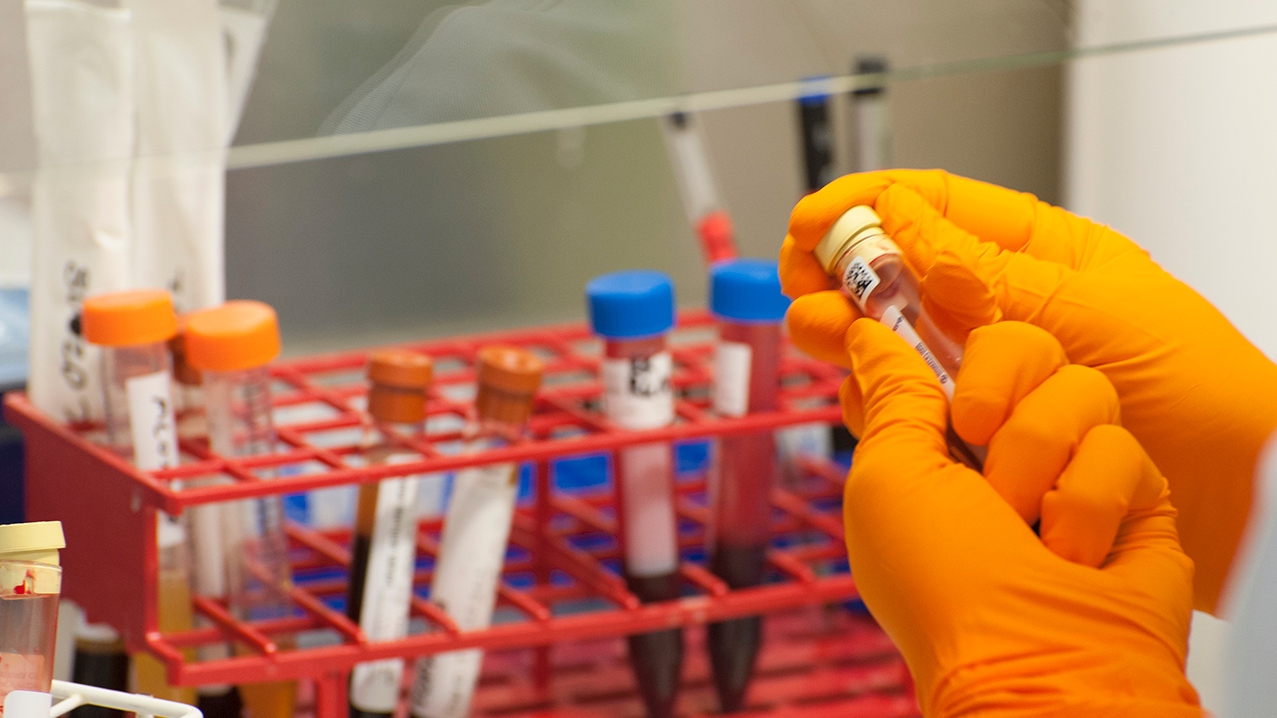
New blood test matches breast cancer patients to the right treatment without a biopsy
A new type of blood test can accurately identify different types of breast cancer – meaning patients can be matched to the correct treatment without the need for a biopsy.
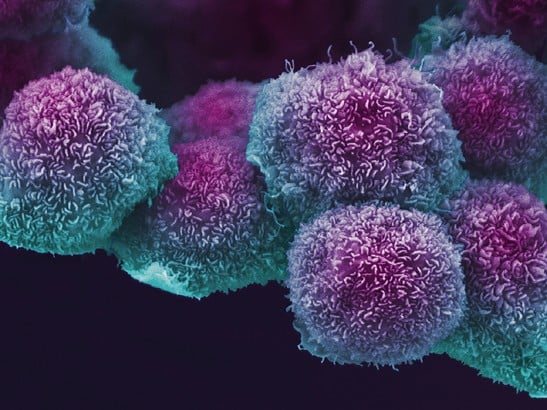
Breakthrough discovery reveals new drug target to stop pancreatic cancer spreading
Scientists have discovered a key protein that could be targeted with a drug to treat the most common and aggressive form of pancreatic cancer.
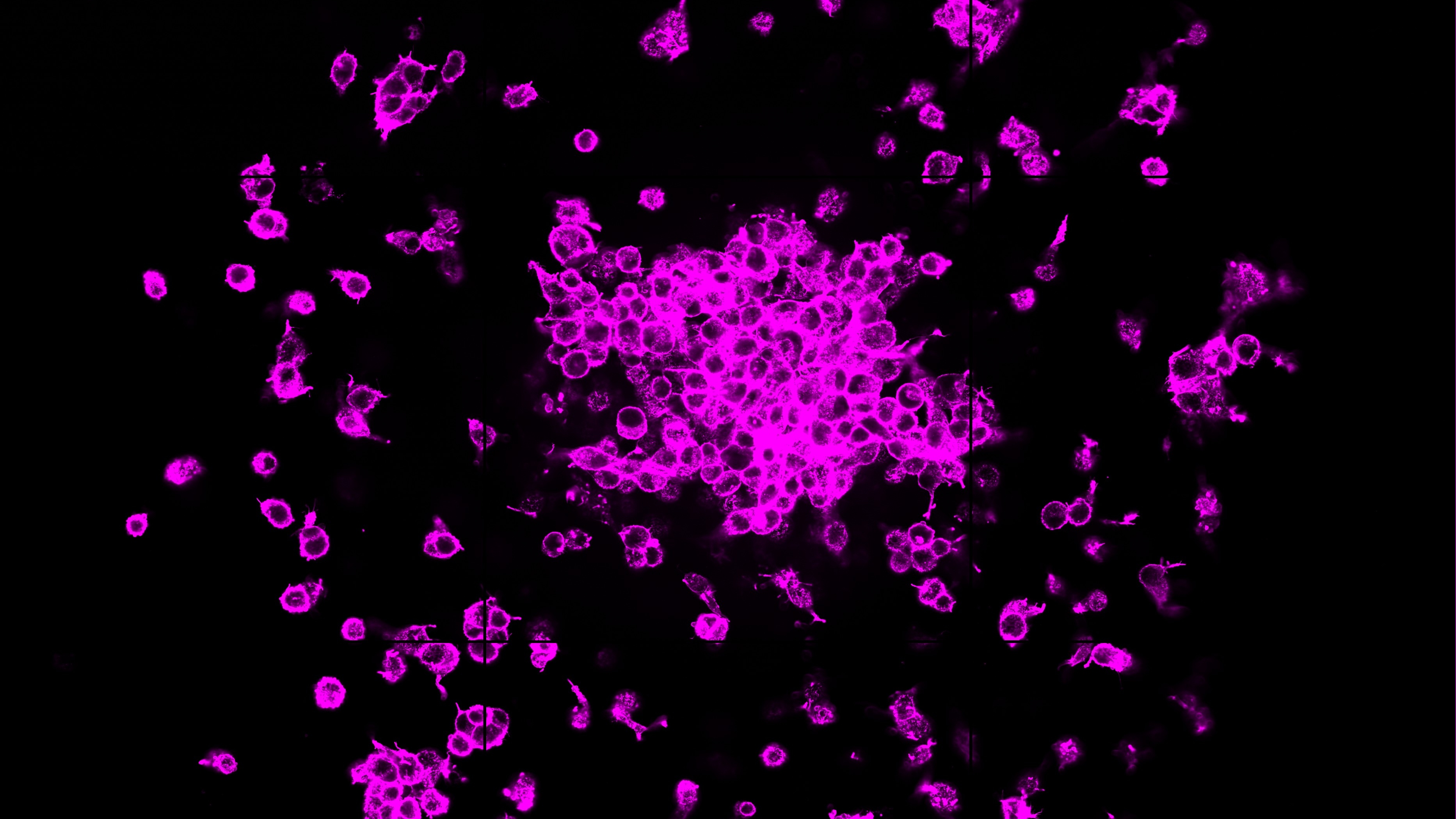
Scientists discover how to remove skin cancer’s protective armour and stop it spreading
Scientists have uncovered a protein that acts like a ‘suit of armour’ for cancer cells, shielding them from hostile environments and allowing one of the deadliest forms of skin cancer to spread through the body.
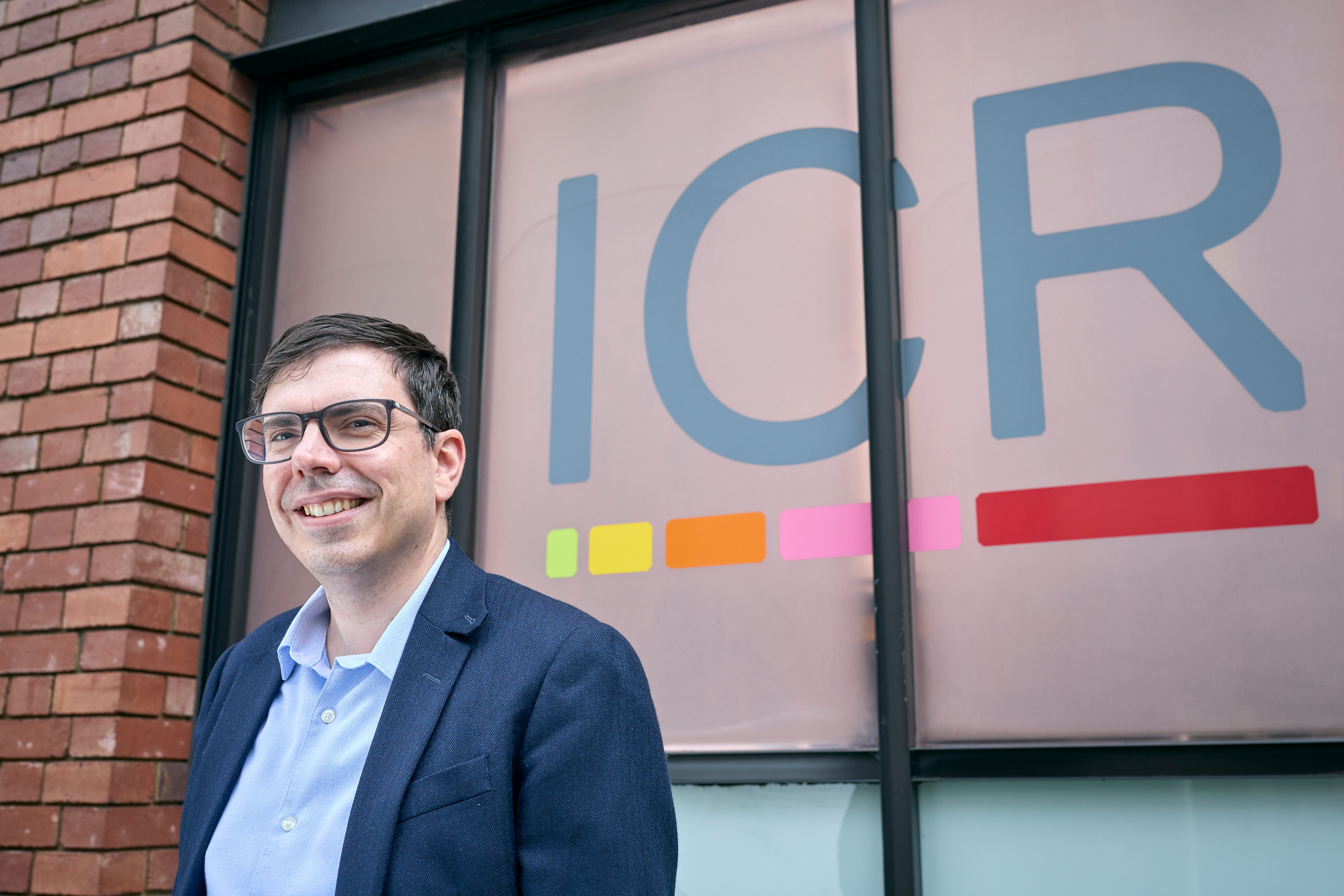
ICR scientist wins highly regarded award for early-career biomedical researchers
Dr Stephen John Sammut, a Clinician Scientist at The Institute of Cancer Research, London, has been awarded one of the eight 2025 research prizes from the Lister Institute of Preventive Medicine.

ASCO 2025: Next-generation breast cancer drug targets tumours before they have a chance to grow
A powerful new drug for advanced breast cancer can be used to treat emerging tumours, months before they have a chance to grow, helping to keep patients well for longer and delaying the need for later-line therapies including chemotherapy.
Results of a global study, funded by AstraZeneca and co-led by researchers at The Institute of Cancer Research, London, The Royal Marsden NHS Foundation Trust and Institut Curie, Paris, were presented at the American Society of Clinical Oncology (ASCO) annual meeting in Chicago on 1 June 2025.
.jpg?sfvrsn=5e059cab_3)
ASCO 2025: New therapy improves survival in advanced breast cancer and delays need for chemotherapy
A promising new therapy can help patients with aggressive advanced breast cancer live longer and delays the need for further chemotherapy, new research has shown.
Final results of the INAVO120 study, led by an international team of researchers including scientists at The Institute of Cancer Research, London, and The Royal Marsden NHS Foundation Trust, have demonstrated the potential of the new therapy combination for targeting PIK3CA-mutated hormone receptor positive (HR+), human epidermal growth factor receptor 2 negative (HER2-) breast cancer – a common form of the disease.
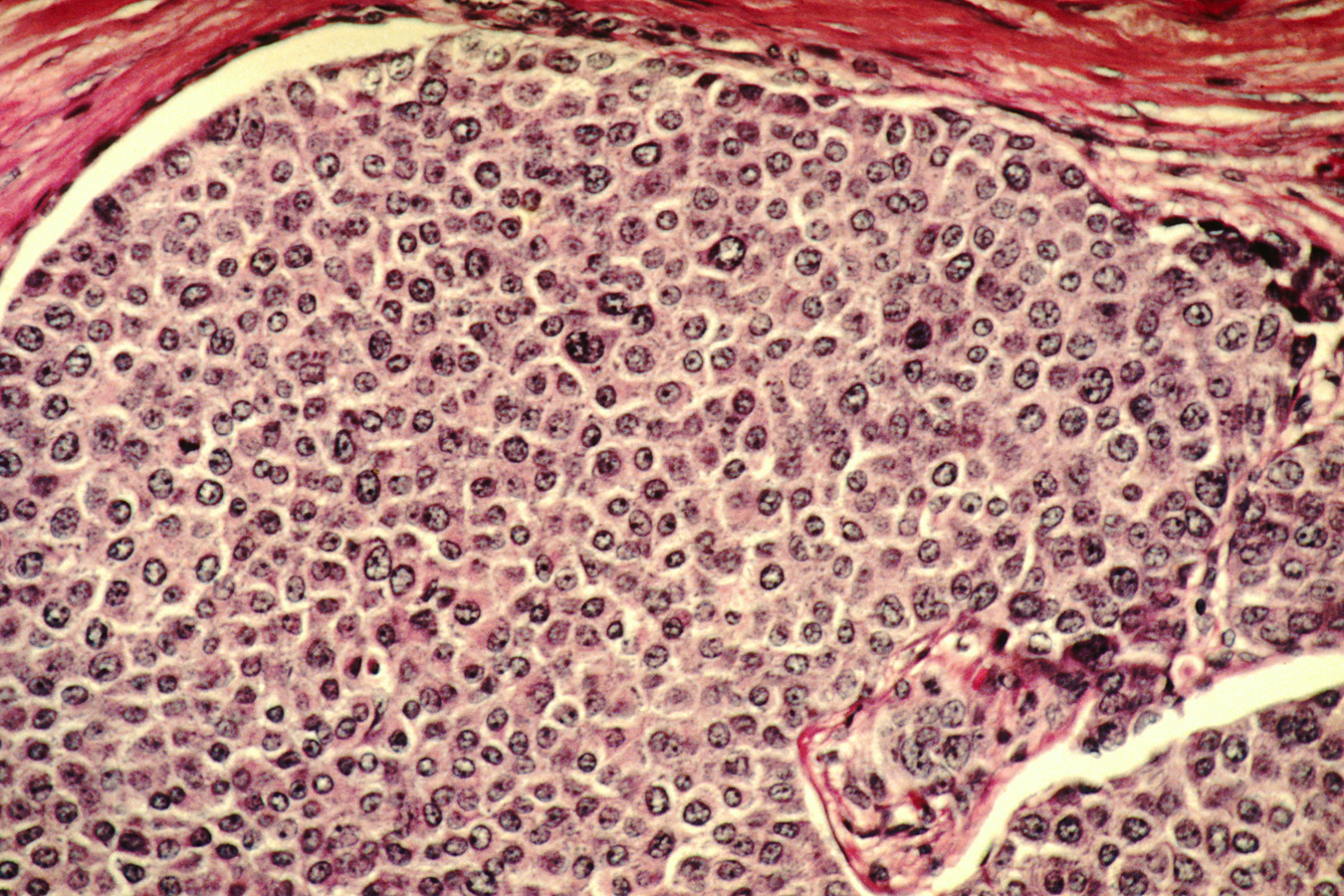
New weakness to target breast cancer cells discovered
Researchers at The Institute of Cancer Research, London, have uncovered a hidden weakness in some breast cancer tumours that could lead to smarter treatment decisions.
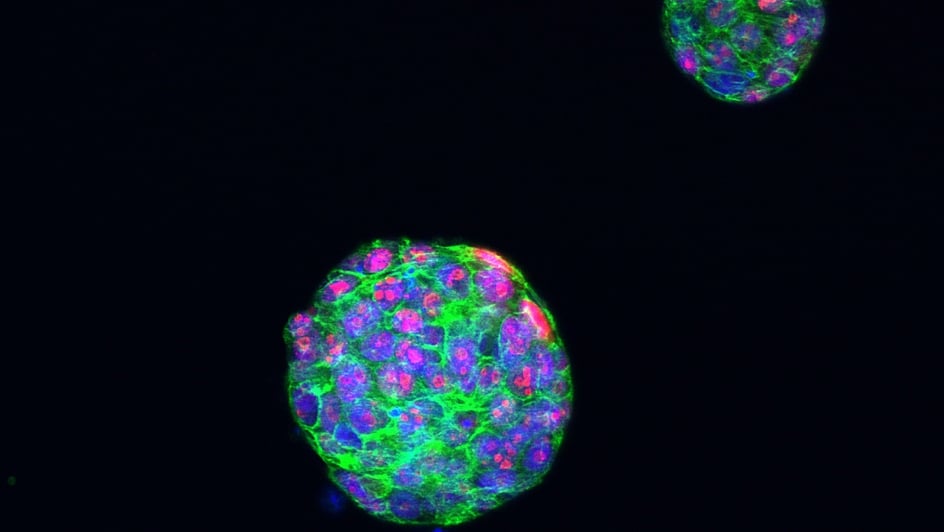
ICR welcomes NICE recommendation of capivasertib for advanced breast cancer
The Institute of Cancer Research, London, strongly welcomes the decision by NICE to recommend the targeted breast cancer drug, capivasertib, in combination with fulvestrant, for treating the most common type of advanced breast cancer with specific biomarker alterations (PIK3CA, AKT1 or PTEN).
-carousel-945x581.jpg?sfvrsn=d29fb9e9_2)
Newly identified biomarker could improve treatment for people with rare type of ovarian cancer
Scientists at The Institute of Cancer Research, London, have identified a gene that affects how ovarian clear cell carcinoma (OCCC) could respond to a new class of drug called ATR inhibitors.
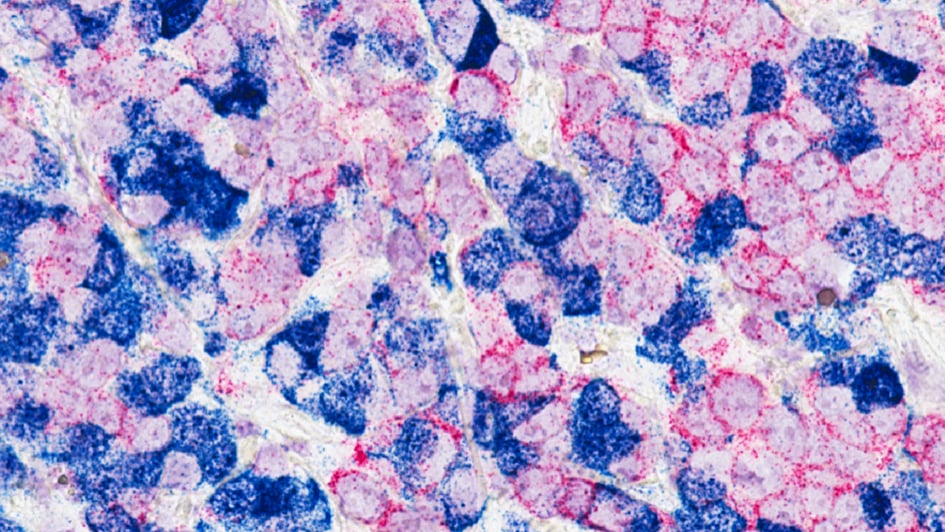
Scientists develop new tool to beat cancer’s survival tactics
Scientists have developed a tool which helps them better understand cancer’s survival tactics – and could eventually lead to new treatments for dozens of cancer types.

Scientists discover the ‘roadmap’ that aggressive cancer uses to spread around the body – identifying ways to block its escape
Scientists have discovered a new way to predict which tumours will become aggressive before they metastasise and spread around the body.
